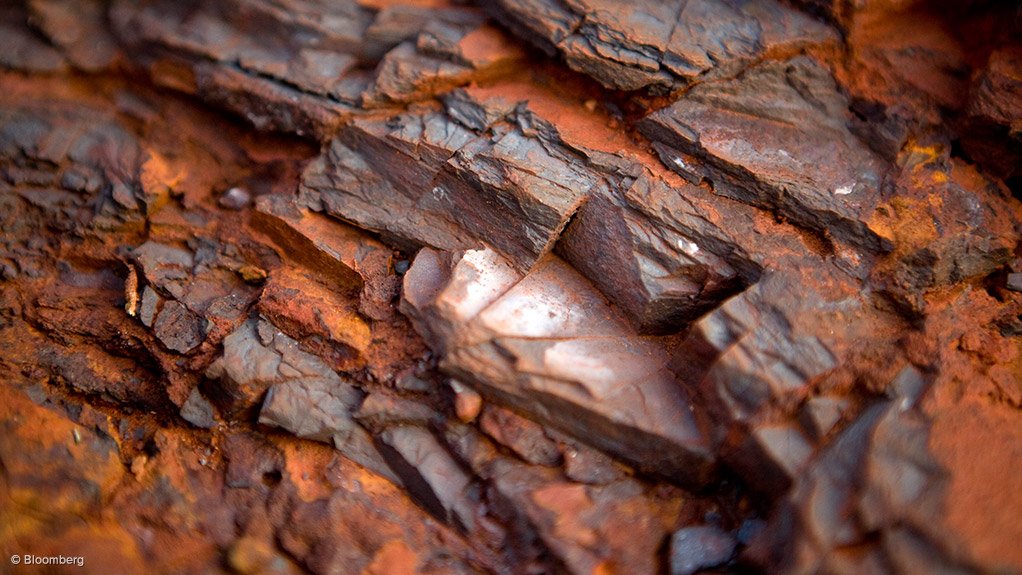
Photo by: Bloombeg
PERTH (miningweekly.com) – Iron-ore major Fortescue Metals on Monday inked a deal with privately held Australian Aboriginal Mining Corporation (AAMC), which could result in Australia’s first Aboriginal-owned and -operated iron-ore mine in the Pilbara.
Under the terms of the agreement, Fortescue would provide AAMC with access to its Pilbara infrastructure, with AAMC able to deliver up to two-million tonnes a year from its Extension and Breakaway iron-ore projects to either Fortescue’s port or rail facilities over a five-year period.
The amount of ore that could be delivered to the rail facilities would be determined by Fortescue after taking into account a range of factors, including prevailing rail volume and potential surplus capacity.
Fortescue could elect to either buy ore directly from AAMC at the point of delivery or to act as an agent and rail, ship, market and sell the iron-ore on behalf of AAMC.
“We’re very pleased to be working with AAMC on this significant deal. Today’s agreement underlines very clearly Fortescue’s commitment to provide meaningful opportunities for Aboriginal business development and to negotiate agreements in good faith for third parties to access rail and port infrastructure on commercial terms,” Fortescue CEO Nev Power said.
“Fortescue is proud to play a role in helping Aboriginal people seize the life-changing economic opportunities that mining can offer. Providing economic participation through our land access agreements, as well as the payment of Native Title Royalties is what drives real positive change in the communities in which we operate.”
AAMC chairperson Daniel Tucker said the agreement was a great outcome for both AAMC and Fortescue, a fantastic result for AAMC’s shareholders and an important step for the continued advancement of Aboriginal peoples in the Pilbara that would now see them sharing in the wealth that is generated on their traditional lands.